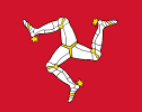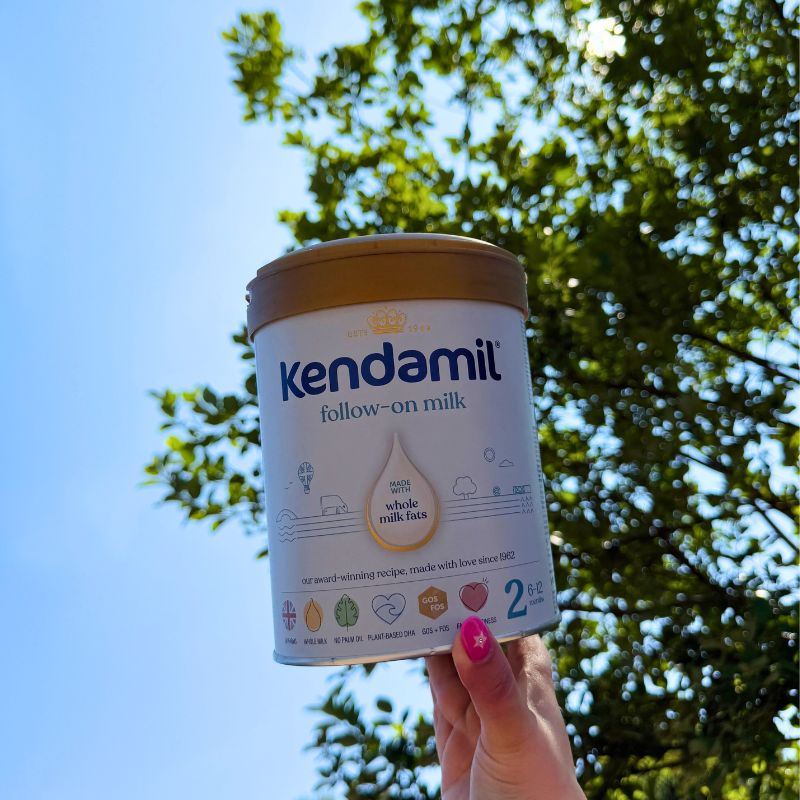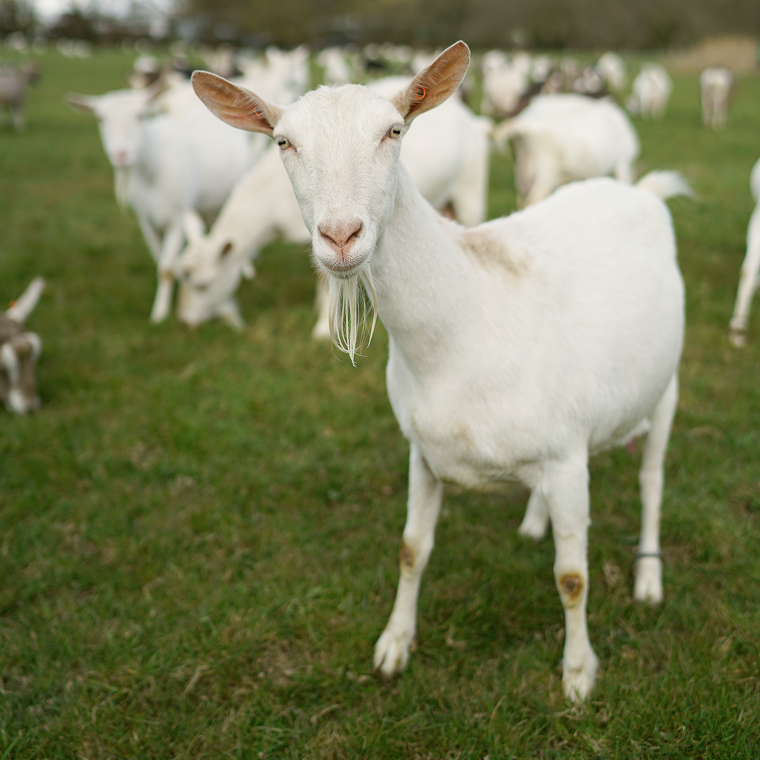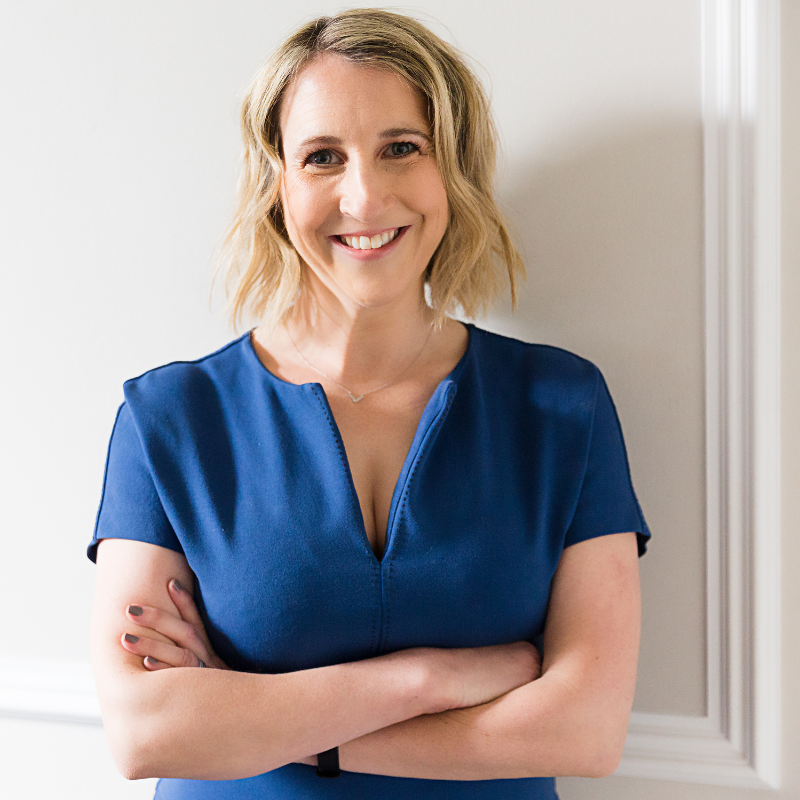While your baby's due date is fast approaching, you may be searching for tips on how to get prepared and what to expect. We’ve got the lowdown on everything you need to know and a handy checklist on what to have ready.
Preparing For Life After Birth
Creating a Safe Sleep-Friendly Nursery
When shopping for your nursery essentials, safety always comes first. It’s advised that the safest place for a baby to sleep is in their own clear, flat, separate sleep space such as a cot or Moses basket. A firm, flat, waterproof mattress with no raised or cushioned areas is recommended, as is avoiding products like swings and baby bouncers as sleep spaces. If your baby falls asleep in a swing or baby bouncer, you should take them out and put them in their safe, designated sleeping space.
Feeding baby: what to expect
Newborns march to the beat of their own drum and they’ll want to be fed around the clock. At times, it might feel non-stop but as they mature, it’ll become less frequent. When it comes to breastfeeding, it's incredibly challenging to overfeed, so don’t worry. In the first few weeks, it's typical for a baby to feed at least 8 to 12 times, or more, within 24 hours.
Calm and relaxed moments are ideal for feeding your baby. Look out for signs that they might be hungry, like fist-sucking, lip-licking, wriggling and if they’re trying to get to your breast or their bottle. If you’re breastfeeding, it’s always a good idea to let them feed completely from each breast, as the fattier milk tends to be towards the end.
Newborn Sleep Patterns & Cycles
The world of newborn sleep can be both fascinating and confusing for new parents. While adults’ sleep cycles are pretty predictable, newborns have their unique rhythm, shaped by their developing brains and the basic needs of their tiny bodies.
Sleep Cycles:
- Newborns sleep 8 to 18 hours per day, in 2-4 hour periods between feeds.
- Sleep cycles last about 50 minutes, featuring both REM and non-REM sleep.
- Frequent waking is common due to short sleep cycles and feeding needs.
- REM sleep is crucial for brain development; look for twitching fingers or eyelids.
- Sleep patterns evolve due to growth spurts, teething, and illnesses.
Newborn Care Basics
Those first few days to weeks with your newborn are going to be a whirlwind and a lot of it will revolve around getting to know your little one, as well as a lot of feedings and changing nappies, but here are some tips to help you adjust and feel at ease.
Nappy Changes:
- Change nappy immediately when wet or soiled to prevent rash.
- Newborns: Up to 12 changes a day; Older babies: 6-8 changes a day.
- Set up a changing station with essentials: mat, wipes, nappies, rash cream.
- Use floor spaces for safety during changes.
- Cleaning: Be gentle but thorough. Girls: front to back; Boys: don't pull back foreskin.
- Allow some nappy-free time to help skin breathe.
- Use changing time to chat and bond with your baby.
Understanding Baby Poo:
- Initial poo is greenish-black and sticky, known as meconium.
- Colour changes to yellowish hue within days.
- Breastfed: runnier poos; Formula-fed: firmer, more aromatic poos.
- Frequency: Up to 4 times a day initially, decreases over time.
- Soft poo is a sign of normal bowel movement.
- Consult healthcare provider for any concerns.
Umbilical Care:
- Keep the stump clean and dry.
- Opt for sponge baths to avoid over-wetting.
- A little blood is normal; consult a healthcare provider for swelling, oozing, or bad smell.
- Fold down the front of the nappy to keep the area dry.
Handling Your Newborn:
- Initial handling may feel daunting but confidence is key.
- Always cradle the baby's head and neck.
- Clean hands are a must before handling.
- Use gentle touches and take opportunities to bond.
Washing & Bathing Your Baby:
- Daily baths aren’t essential, you might prefer the ‘top & tail’ method, which focuses on the face, neck, hands and bottom.
- Bath time is ideal at a time where your baby is calm and opt for a warm room.
- Always supervise your baby; older siblings aren't substitutes for adults!
- Use warm water, tested with your wrist or elbow. You can also use a bath thermometer to check the temperature is between 37-38 degrees. Avoid adding cleansers in the first month.
- Support your baby's head and upper arm when placing in and lifting out of the bath. Gently swish the water, keeping their head dry.
- Post-bath is perfect for a gentle massage; wait a month before introducing oils or lotions.
Postpartum Care Plan For Mum
It’s important to be prepared for postpartum body changes and recovery. Understanding what to expect and setting up a postpartum routine can also help ease you into motherhood. Forward planning as much as you can in your third trimester such as meal planning and buying in new mum self-care essentials can really help in those first few weeks once baby comes home.
Postpartum Body Changes and Recovery:
Stitches: It's soothing to bathe stitches daily with just warm water. If they feel a little sore, a chat with your midwife might help as well as if you're considering pain relief, especially when breastfeeding.
Toilet Matters: Drinking plenty of water can make urinating a bit more comfortable and it's totally normal if it takes a few days before having a bowel movement. Enjoying fibre-rich foods will help!
Bladder Control: Some new mums notice little leaks, which is quite common and simple pelvic floor exercises when practised daily can really help regain control back. You may not see results for a few months but consistency is key.
Piles: These can be a short-lived experience after birth. Eating fibre-rich foods, staying well-hydrated and not straining too hard is essential.
Post-Birth Bleeding (Lochia): You can expect to bleed for the first 4-6 weeks post-birth, but soft, super-absorbent sanitary pads are a friend during this time. And, it's good to remember to give tampons a little break until after the 6-week check.
Breasts: Initially, you produce a golden nectar, colostrum, for the baby, which won’t seem like a lot but it’s the good stuff full of everything the baby needs in those first few days, their tummies are the size of a cherry on day 1. By days 3 or 4, as your breasts transition to producing milk, your breasts will become fuller and your baby can consume more milk.
Tummy: After delivery, it's natural for the tummy to feel different - your bump won’t disappear straight away and for most women the uterus takes around 6 weeks to shrink back down to its non-pregnant size. With some time, a healthy, nutritious diet, and gentle movements, it finds its way back. Make sure you wait until the 6 week check to start with any exercise. The first 6 weeks should be focussed on regaining strength and replenishing your body with nutrients.
Throughout this journey, always remember, every mum's path to recovery is unique, and there's a whole village of support available. For more postpartum recovery tips check out our blog.
Postpartum Preparation Checklist:
- Pre-prepared meals
- Stock up on healthy snacks
- Comfortable clothing, slippers, underwear and pyjamas for mum
- Stock up on new mum self-care essentials: maternity knickers (disposable), maternity pads, paracetamol, breast pads, nipple cream, stool softener, perineal spray bottle, ice packs
- Stock up on newborn essentials: nappies, wipes, nappy sacks, sleepsuits, bodysuits, muslin cloths
- Baby moses basket assembled with clean bedding
- Baby car seat installed following manufacturer’s instructions
- Pram setup and ready
- Baby travel bag filled with nappies, wipes, nappy sacks, baby grows, baby vests, muslin cloths, hand sanitiser, small pot of nappy rash cream
- Prepare baby changing caddy for living room and bedroom with nappies, wipes, nappy sacks, baby grows, baby vests, hand sanitiser, nappy rash cream
- Breastfeeding: stock up on breast pads, nipple cream, maternity bras, bibs, muslin cloths
- Bottle Feeding: stock up infant formula, bottles, teats, bibs, muslin cloths, bottle cleaning brush, steriliser, vacuum flask, formula powder containers for travel. Prepare a bottle preparation station in the kitchen
- Baby clothes washed and readily available
- Baby-proof sockets, cupboards & furniture (they’ll be crawling before you know it!)
















